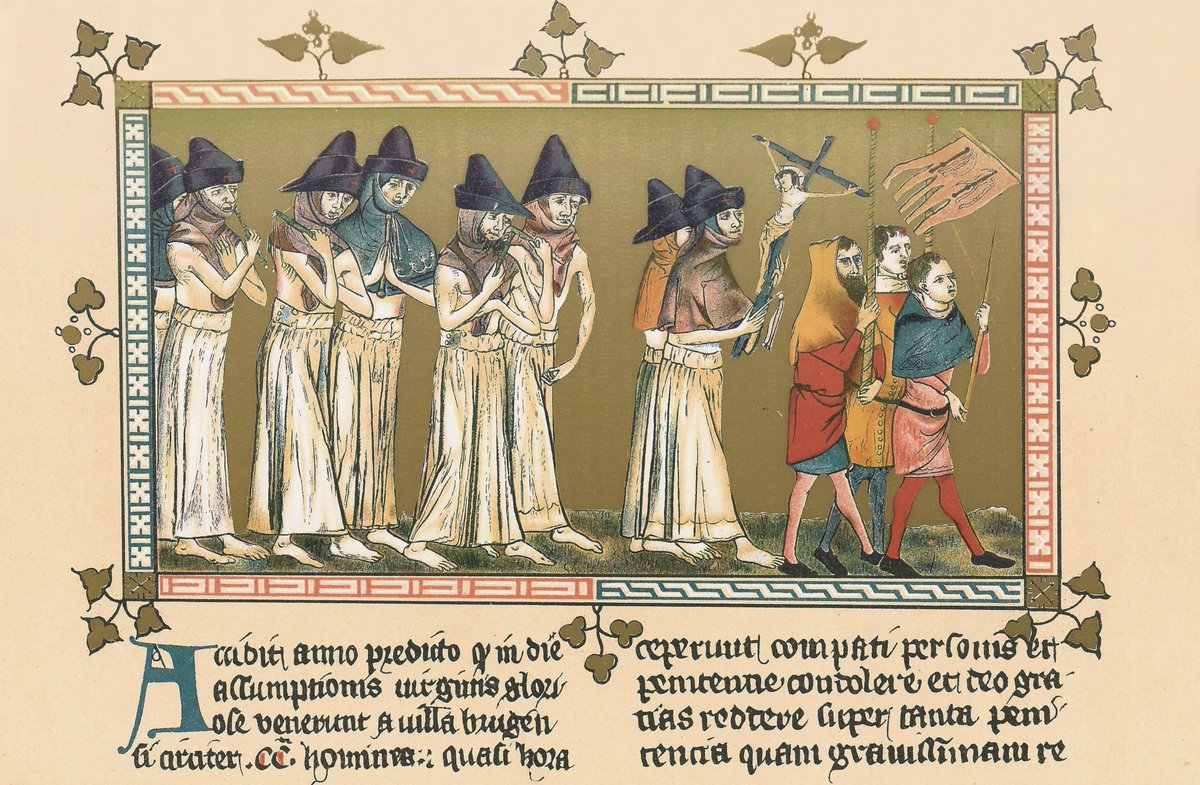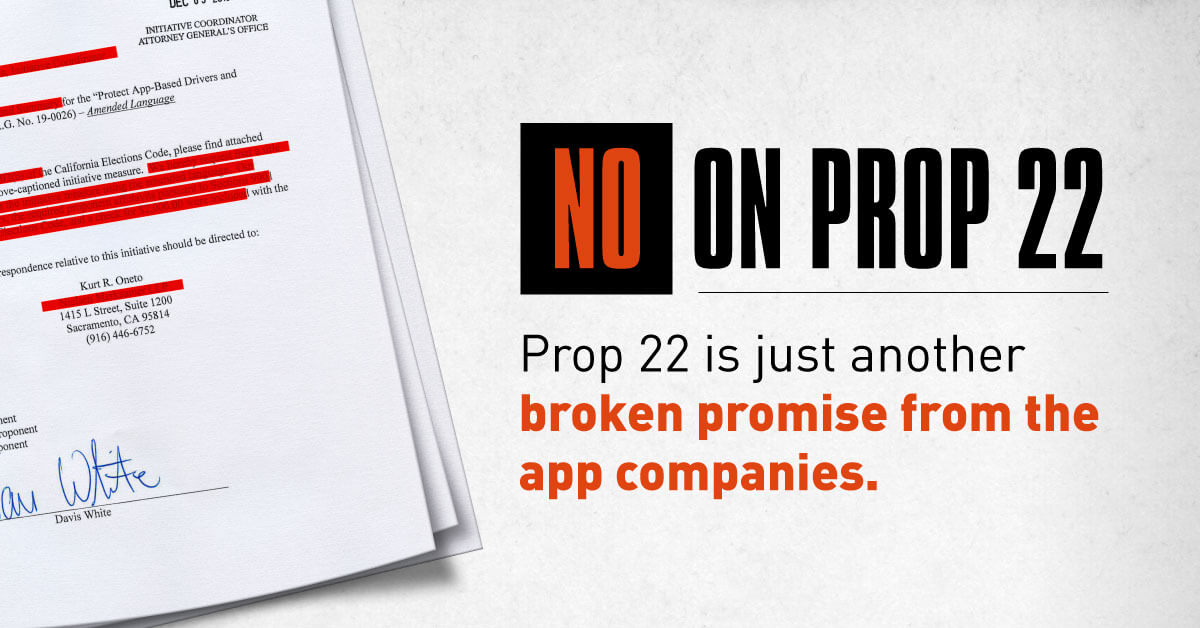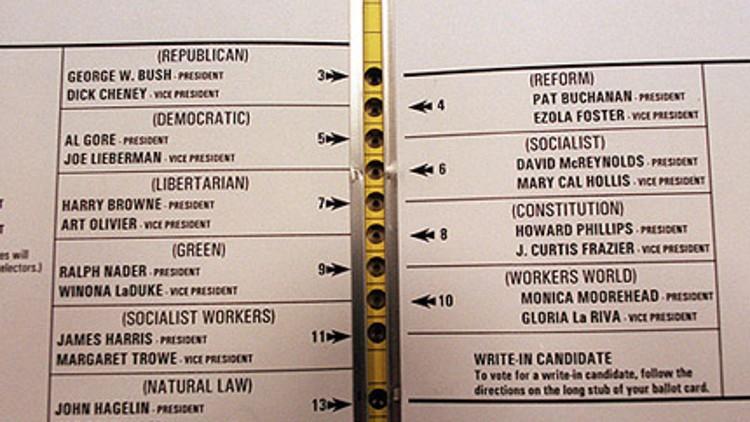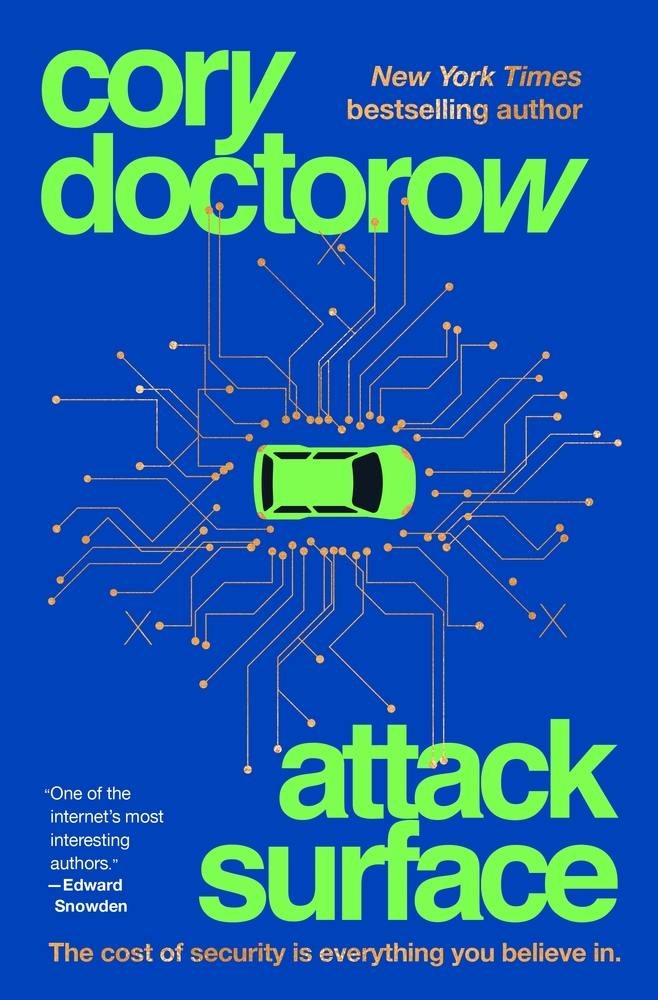
Thing about the "herd immunity" debate is, there isn't one. Herd immunity was discarded by WHO virologists and epidemiologists and their US/UK counterparts. So why are we still talking about it?
Thank right-wing think-tanks, awash in corporate money.
medium.com/@jmfeldman/the…
1/
Thank right-wing think-tanks, awash in corporate money.
medium.com/@jmfeldman/the…
1/

The Hoover Institute and the American Institute for Economic Research have coordinated with the Trump administration to promote this idea. Hoover's Scott Atlas is on Trump's covid task force and his idea of scientific debate is threatening to sue scientists.
2/
2/
The majority of support for herd immunity comes from three scientists: Martin Kulldorff (Harvard Med), Sunetra Gupta (Oxford epidemiology) and theex-Hooverites Jay Bhattacharya (Stanford).
3/
3/
These three convened the meeting that produced the "Great Barrington Declaration" arguing for herd immunity - a declaration whose signatories include many obvious fakes ("Dr Johnny Bananas").
theguardian.com/world/2020/oct…
4/
theguardian.com/world/2020/oct…
4/
And these three are cited by GOP governors and local pols for their refusal to implement lockdowns, mask orders and other evidence-based, life-saving measures.
Like tobacco-cancer deniers of the fifties, they're selling doubt, and corporate-friendly politicians are buying.
5/
Like tobacco-cancer deniers of the fifties, they're selling doubt, and corporate-friendly politicians are buying.
5/
Herd immunity is bad science, but it's good for business. Tossing low-waged workers into a viral meat-grinder "keeps the economy going" - which is to say, it keeps billionaires' fortunes intact.
6/
6/
Remember, if they need you to risk your life to make their fortunes, then you - not they - are the reason they have that fortune to begin with.
eof/
eof/
• • •
Missing some Tweet in this thread? You can try to
force a refresh








